Virtual Private Networks, or VPNs, have become critical for maintaining online privacy and accessing restricted content. However, in Pakistan, the use of VPNs has recently faced stringent restrictions. This ban has sparked heated debates about privacy, security, and freedom of expression in the digital age. Why is this ban in place? What does it mean for the everyday internet user? Let’s dive into the details.
Causes of the VPN Ban
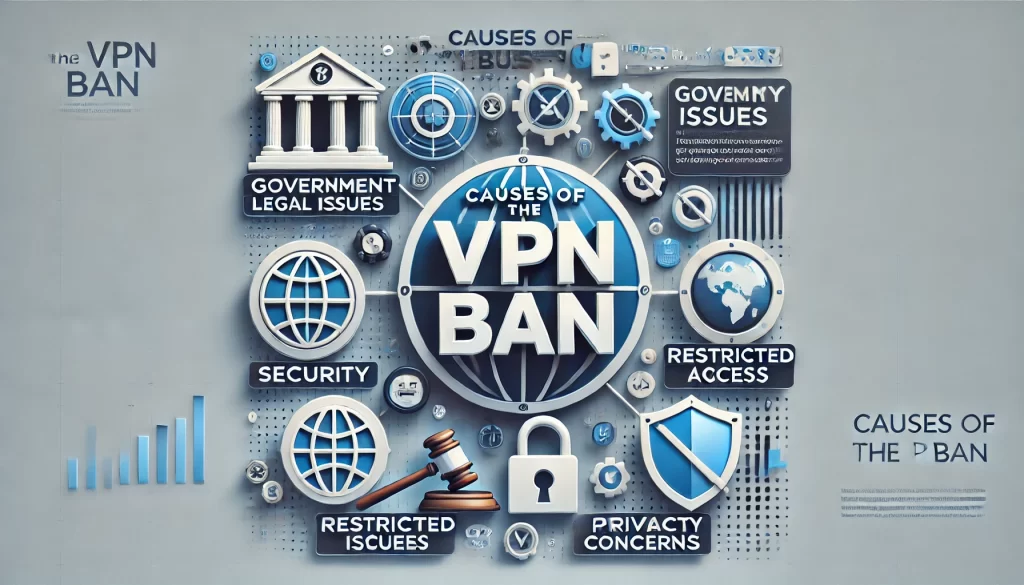
Government Concerns Over Data Privacy and Security
One primary reason for the VPN ban is the government’s concern over data privacy and national security. VPNs allow users to encrypt their online activity, making it difficult for authorities to monitor internet usage. While this enhances privacy for individuals, it also challenges identifying potential security threats.
Censorship and Control of Information
Pakistan has a long history of internet censorship. The VPN ban is another step in controlling the flow of information, particularly on social media platforms. Authorities argue that unregulated VPN use enables the spread of misinformation and access to restricted websites.
The Rise of Cybercrime and Illegal Activities
VPNs have sometimes been misused for illegal activities such as hacking, online fraud, and bypassing law enforcement measures. To combat this, the government believes restricting VPNs can curb such practices, although critics argue this approach is overly broad.
Legal Framework Supporting the Ban
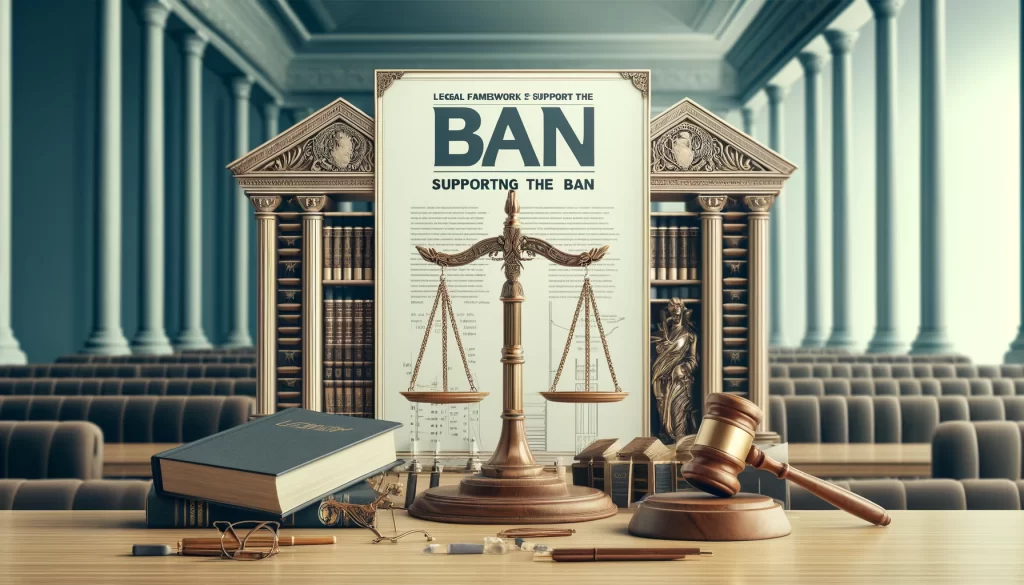
Pakistan’s Cybercrime Laws
The Prevention of Electronic Crimes Act (PECA) of 2016 is a cornerstone of Pakistan’s cyber laws. This legislation grants authorities broad powers to monitor and restrict online activities, including VPN use.
PTA’s Role in Regulating Internet Use
The Pakistan Telecommunication Authority (PTA) enforces the ban VPNs. Businesses and individuals must now register their VPNs with the PTA to use them legally, a process that has been criticized for being cumbersome and invasive.
Implications of the VPNs Ban
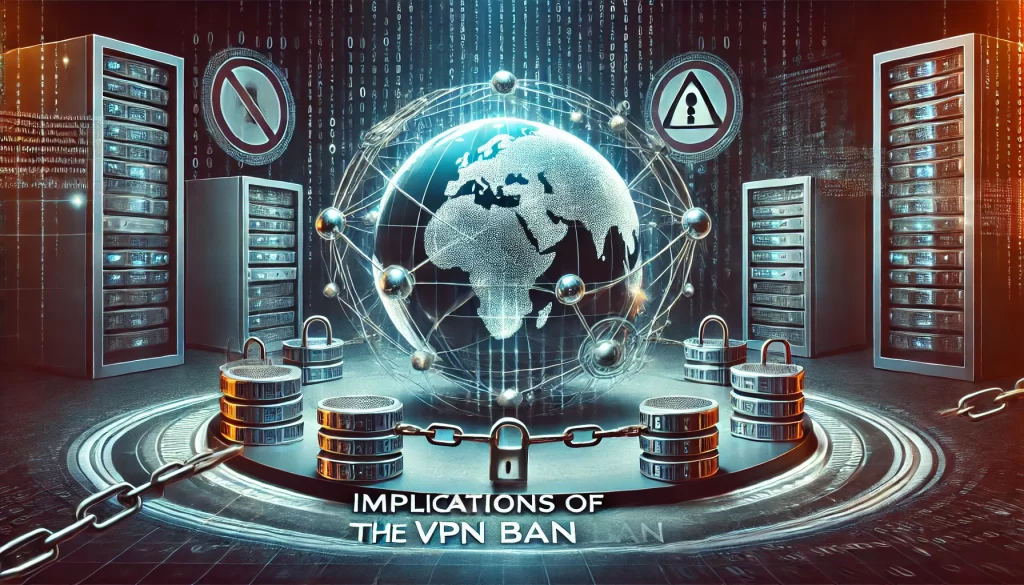
Impact on Businesses and Freelancers
Pakistan’s thriving freelancing community relies heavily on VPNs to access international platforms and secure client communications. The ban has disrupted their work, reducing productivity and income opportunities.
Effect on Privacy and Digital Rights
By restricting VPNs, the government limits individuals ‘ ability to protect their online privacy. This move has raised concerns among digital rights activists, who view it as a step backward for internet freedom in Pakistan.
Consequences for Educational and Research Activities
Students and researchers often use VPNs to access geo-restricted academic resources. The ban has made it harder for them to acquire the materials needed for their studies, impacting their educational progress.
Public Reaction and Resistance
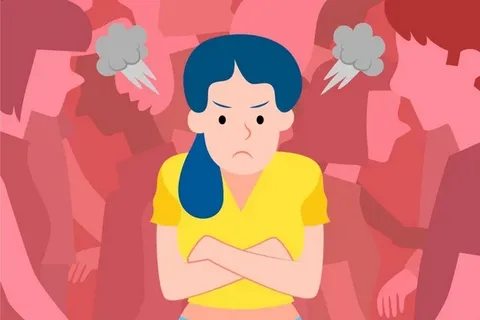
Opposition from Digital Rights Organizations
Organizations like the Digital Rights Foundation (DRF) have been vocal in opposing the VPN ban. They argue that it undermines fundamental rights such as freedom of expression and access to information.
Public Outcry on Social Media
The ban has triggered widespread criticism on platforms like Twitter and Facebook. Users have highlighted how this move affects their daily lives, calling for the government to reconsider its stance.
Use of Alternative Methods to Bypass the Ban
Despite restrictions, many users have turned to alternative methods, such as proxy servers and unregistered VPNs, to bypass the ban. This cat-and-mouse game continues to challenge enforcement efforts.
Potential Solutions and Way Forward
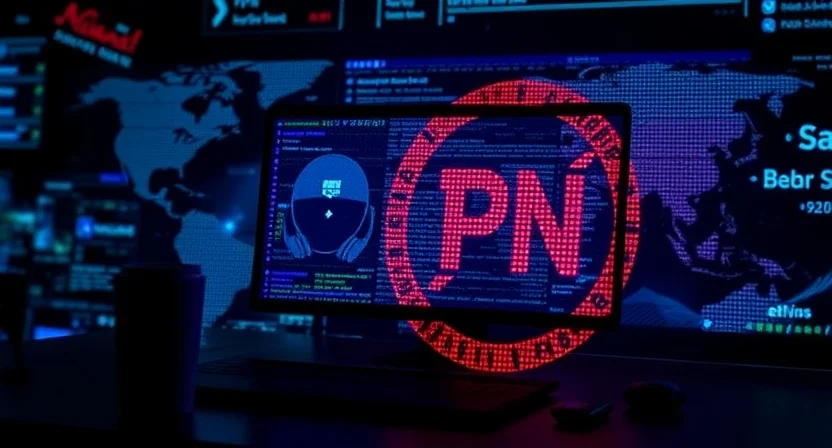
Improving Regulatory Frameworks
The government can introduce more precise and transparent VPN use regulations, ensuring that legitimate users are not unfairly penalized.
Balancing Security and Freedom
A balanced approach is essential. While security is important, it should not come at the cost of individual freedoms. Policies should be designed to respect both.
Collaboration Between Stakeholders
The government, civil society, and tech companies must collaborate to create a digital environment that is secure and free. Open dialogue and mutual understanding are key.
Conclusion
The VPN ban in Pakistan highlights the complex interplay between security, privacy, and freedom. While the government’s concerns are valid, the ban’s blanket nature has caused widespread disruption. A balanced and inclusive approach is necessary to address these challenges effectively. Only then can Pakistan move toward a digital future that benefits everyone.
[ruby_related heading=”More Read” total=5 layout=1 offset=5]
FAQs
1. Why did Pakistan ban VPNs?
Pakistan banned VPNs due to concerns over national security, data privacy, and the misuse of VPNs for illegal activities.
2. How does this ban impact businesses in Pakistan?
The ban disrupts businesses and freelancers who rely on VPNs for secure communications and access to global markets.
3. Are there any legal ways to use VPNs in Pakistan?
Users can register their VPNs with the PTA to use them legally, though the process has been criticized as inconvenient.
4. What are digital rights organizations doing about this?
Organizations are advocating for internet freedom and urging the government to reconsider the ban to protect digital rights.
5. Can the VPN ban be lifted in the future?
With public pressure and dialogue between stakeholders, there is potential for the ban to be revised or lifted.











